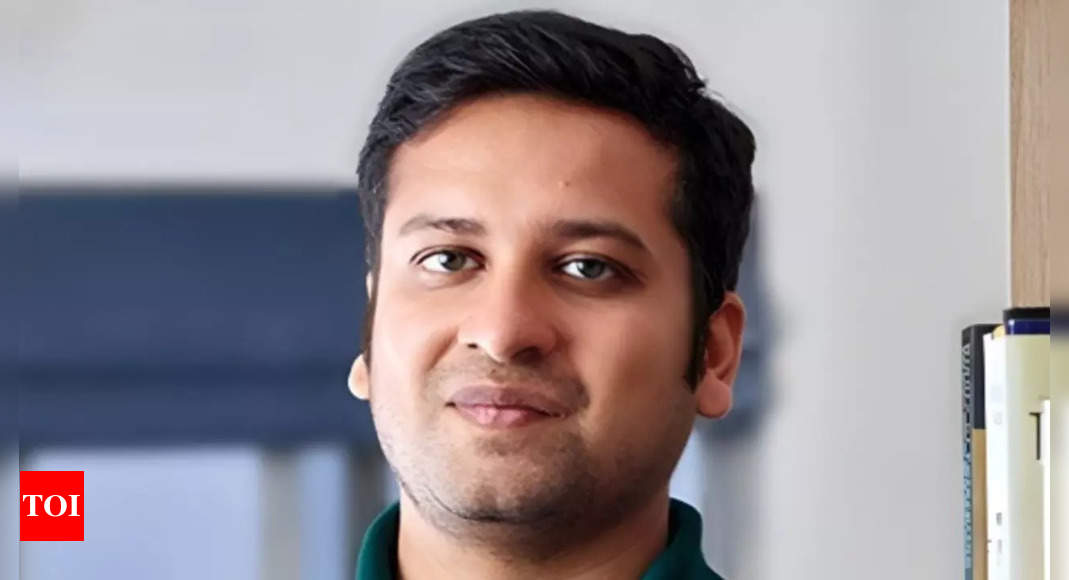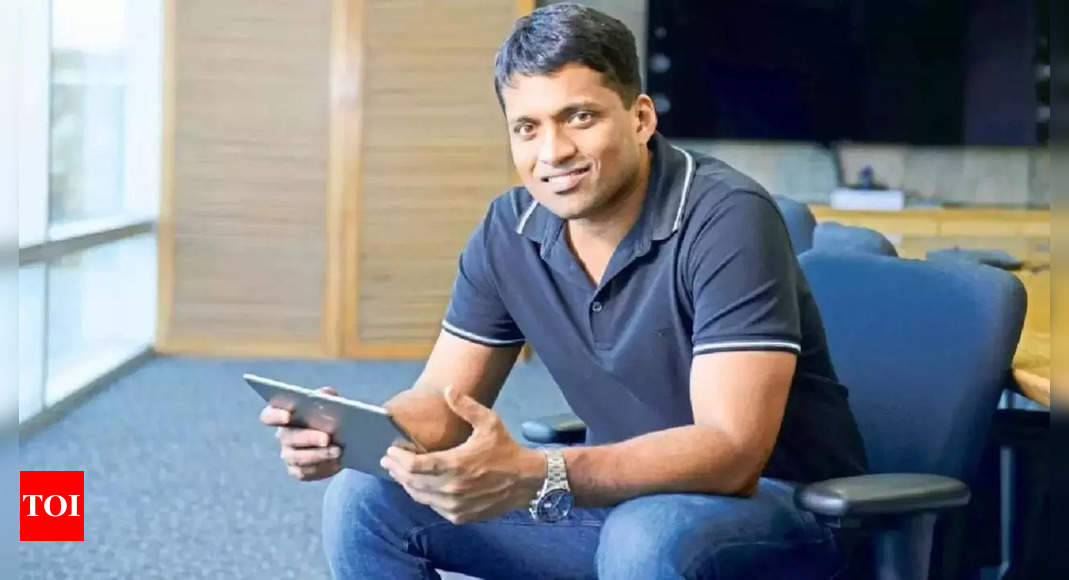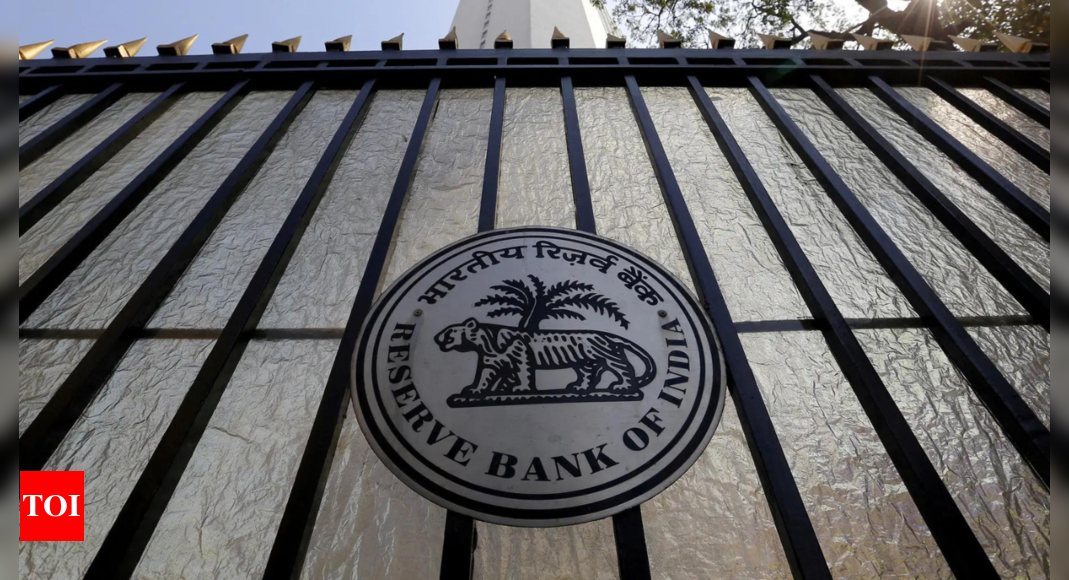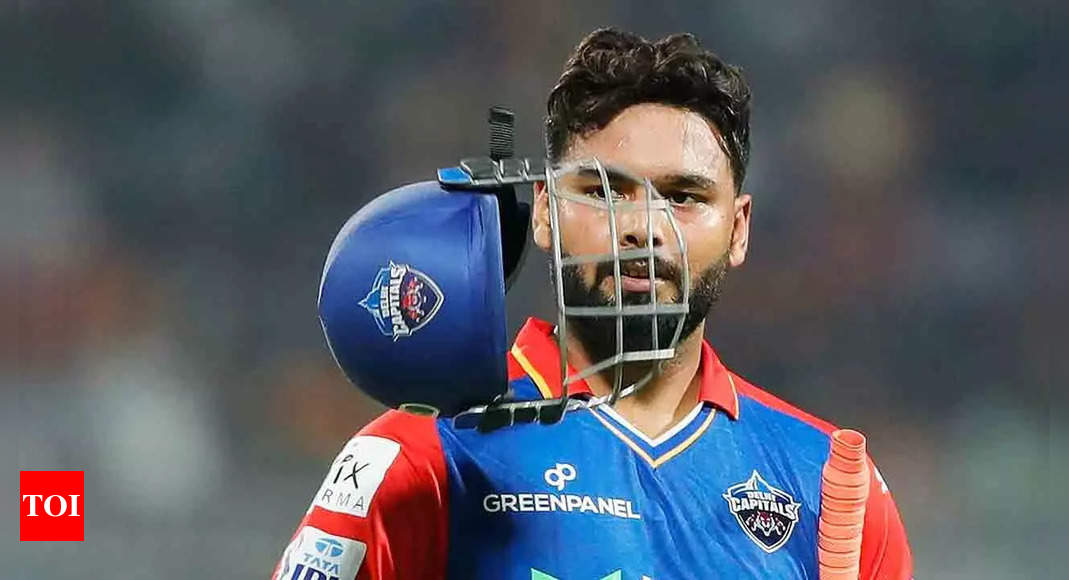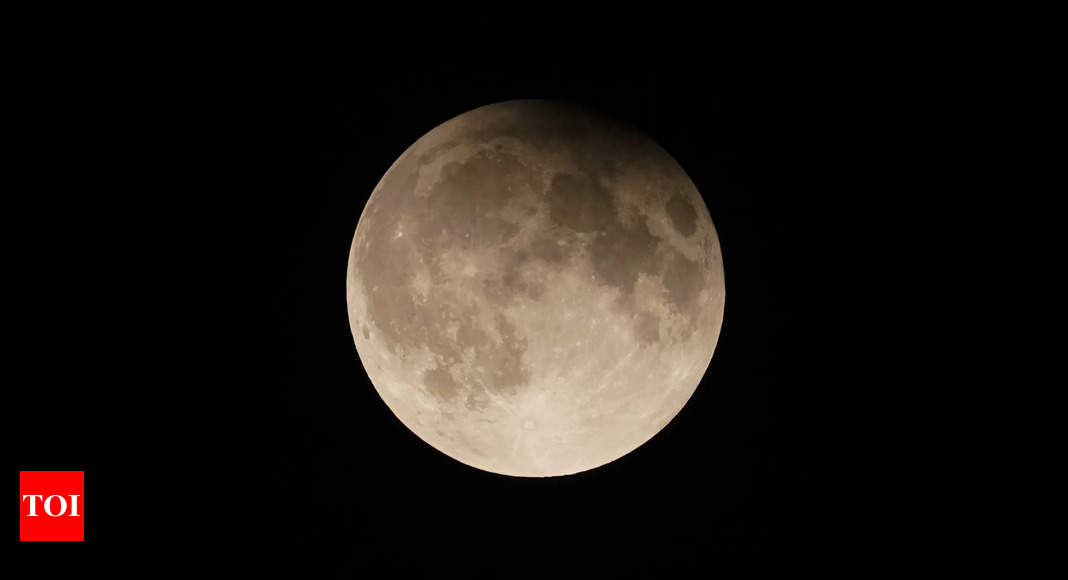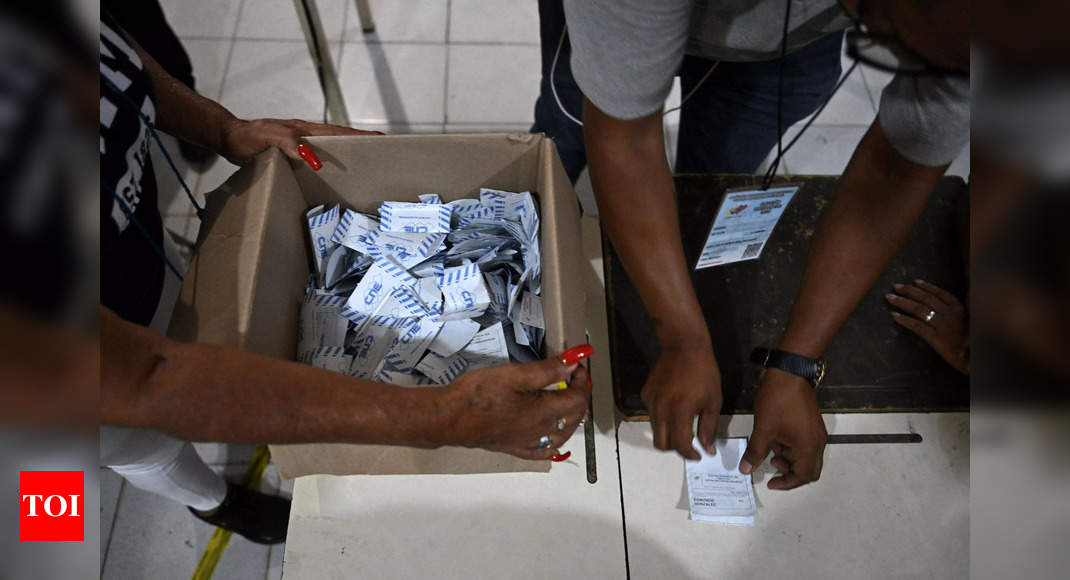
Millions of Venezuelans turned out on Sunday to vote in a high-stakes presidential election, with socialist incumbent Nicolas Maduro facing his most significant challenge yet to his party’s 25-year hold on power.
Maduro, 61, is seeking a third six-year term in a country where the GDP has plummeted by 80% over the past decade under his leadership, prompting more than seven million of its 30 million citizens to emigrate.Since taking office in 2013, he has been accused of locking up critics and harassing the opposition in an increasingly authoritarian climate.
Independent polls suggest that Sunday’s vote could bring an end to “Chavismo,” the populist movement founded by Maduro’s socialist predecessor and mentor, the late Hugo Chavez. However, analysts believe that Maduro is unlikely to concede defeat to opposition challenger Edmundo Gonzalez Urrutia, who is favored to win by a wide margin.
“We’re praying that they don’t steal the election. They always have,” said Mercedes Henriquez, 68, in Caracas ahead of the vote. “And if they do? Well, we have to go out on the street. For my vote. For my children,” she added, noting that two of her children live abroad with six of her grandchildren.
Maduro has previously warned of a “bloodbath” if he loses and stated on Sunday that he would “make sure” the final result from the regime-aligned CNE electoral authority is “defended.” CNE chief Elvis Amoroso described the opposition as “enemies of Venezuela.”
The regime insists it will prevail over Gonzalez Urrutia, a 74-year-old former diplomat who reluctantly became the opposition’s candidate after their popular leader, Maria Corina Machado, was disqualified. Maduro relies on a loyal electoral machinery, military leadership, and state institutions in a well-established system of political patronage.
Gonzalez Urrutia said the opposition was “prepared to defend” the vote and trusted “our armed forces to respect the decision of our people.” Machado cited figures suggesting a potentially “historic” turnout, with over nine million people voting by lunchtime.
Polls officially closed after 12 hours of voting at 6:00 pm (2200 GMT), but people still in line were allowed to cast their ballots. AFP witnessed long queues hours before polls opened. Analysts indicated that a large turnout would benefit the opposition and make it harder to manipulate the results, as the Maduro government has been accused of doing in the past.
Sunday’s election followed a deal reached last year between the government and opposition with US backing. The US temporarily eased sanctions imposed after Maduro’s 2018 reelection, which was rejected as a sham by most Western and Latin American countries. US Secretary of State Antony Blinken urged all involved to “respect the democratic process,” emphasizing that the international community was “watching this very closely.”
Economic misery in Venezuela has driven significant migration pressure on the US southern border. “It’s clear that if Maduro grabs power by force or with violence, we would see an even greater wave in a very short period: three, four, five million Venezuelans more leaving,” Machado said after casting her vote in Caracas. “What’s at stake here goes beyond our borders, beyond Venezuela,” she added.
Most Venezuelans live on just a few dollars a month, with healthcare and education systems in disrepair and severe shortages of electricity and fuel. The government blames sanctions, but observers point to corruption and inefficiency.
Concerns about the vote’s fairness were heightened when Caracas blocked international observers at the last minute, including four Latin American ex-presidents whose plane was held up in Panama on Friday. Observers from the European Union had their invitation withdrawn weeks ago. However, a small delegation from the US-based Carter Center and a UN expert panel, which will issue a confidential report, were allowed in.
Approximately 21 million Venezuelans are registered to vote, but only an estimated 17 million still in the country were eligible to cast a ballot.
Maduro, 61, is seeking a third six-year term in a country where the GDP has plummeted by 80% over the past decade under his leadership, prompting more than seven million of its 30 million citizens to emigrate.Since taking office in 2013, he has been accused of locking up critics and harassing the opposition in an increasingly authoritarian climate.
Independent polls suggest that Sunday’s vote could bring an end to “Chavismo,” the populist movement founded by Maduro’s socialist predecessor and mentor, the late Hugo Chavez. However, analysts believe that Maduro is unlikely to concede defeat to opposition challenger Edmundo Gonzalez Urrutia, who is favored to win by a wide margin.
“We’re praying that they don’t steal the election. They always have,” said Mercedes Henriquez, 68, in Caracas ahead of the vote. “And if they do? Well, we have to go out on the street. For my vote. For my children,” she added, noting that two of her children live abroad with six of her grandchildren.
Maduro has previously warned of a “bloodbath” if he loses and stated on Sunday that he would “make sure” the final result from the regime-aligned CNE electoral authority is “defended.” CNE chief Elvis Amoroso described the opposition as “enemies of Venezuela.”
The regime insists it will prevail over Gonzalez Urrutia, a 74-year-old former diplomat who reluctantly became the opposition’s candidate after their popular leader, Maria Corina Machado, was disqualified. Maduro relies on a loyal electoral machinery, military leadership, and state institutions in a well-established system of political patronage.
Gonzalez Urrutia said the opposition was “prepared to defend” the vote and trusted “our armed forces to respect the decision of our people.” Machado cited figures suggesting a potentially “historic” turnout, with over nine million people voting by lunchtime.
Polls officially closed after 12 hours of voting at 6:00 pm (2200 GMT), but people still in line were allowed to cast their ballots. AFP witnessed long queues hours before polls opened. Analysts indicated that a large turnout would benefit the opposition and make it harder to manipulate the results, as the Maduro government has been accused of doing in the past.
Sunday’s election followed a deal reached last year between the government and opposition with US backing. The US temporarily eased sanctions imposed after Maduro’s 2018 reelection, which was rejected as a sham by most Western and Latin American countries. US Secretary of State Antony Blinken urged all involved to “respect the democratic process,” emphasizing that the international community was “watching this very closely.”
Economic misery in Venezuela has driven significant migration pressure on the US southern border. “It’s clear that if Maduro grabs power by force or with violence, we would see an even greater wave in a very short period: three, four, five million Venezuelans more leaving,” Machado said after casting her vote in Caracas. “What’s at stake here goes beyond our borders, beyond Venezuela,” she added.
Most Venezuelans live on just a few dollars a month, with healthcare and education systems in disrepair and severe shortages of electricity and fuel. The government blames sanctions, but observers point to corruption and inefficiency.
Concerns about the vote’s fairness were heightened when Caracas blocked international observers at the last minute, including four Latin American ex-presidents whose plane was held up in Panama on Friday. Observers from the European Union had their invitation withdrawn weeks ago. However, a small delegation from the US-based Carter Center and a UN expert panel, which will issue a confidential report, were allowed in.
Approximately 21 million Venezuelans are registered to vote, but only an estimated 17 million still in the country were eligible to cast a ballot.




